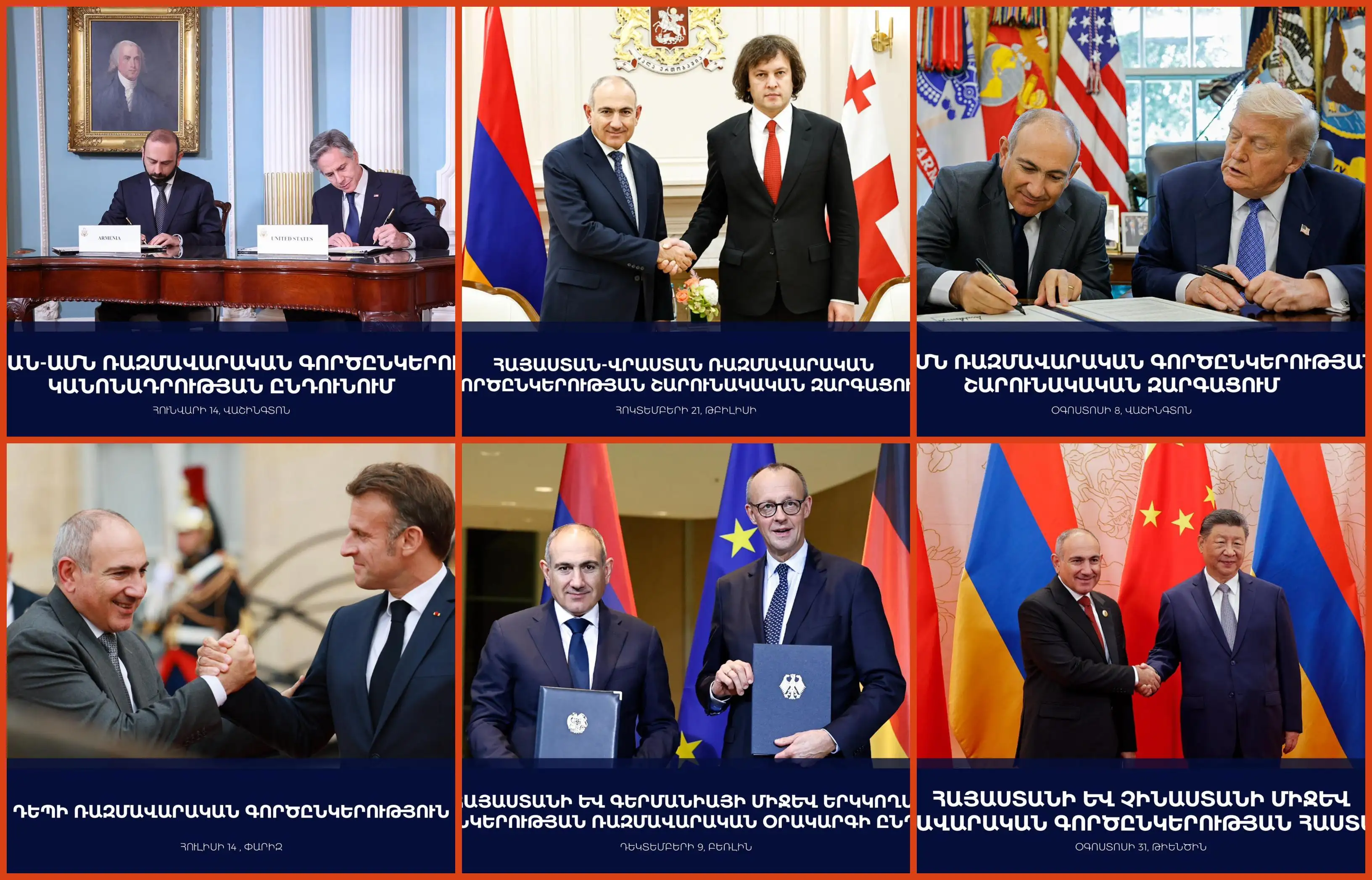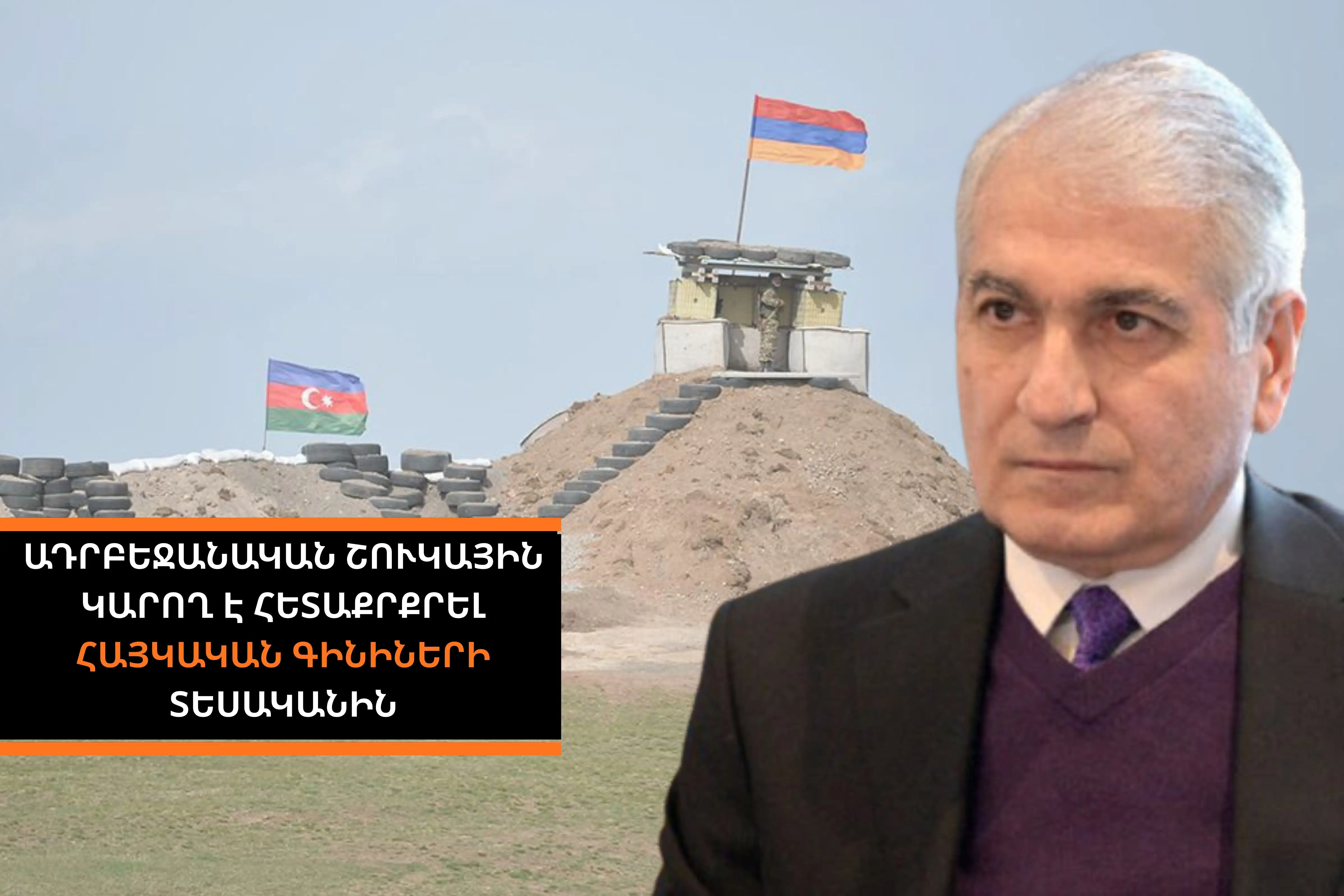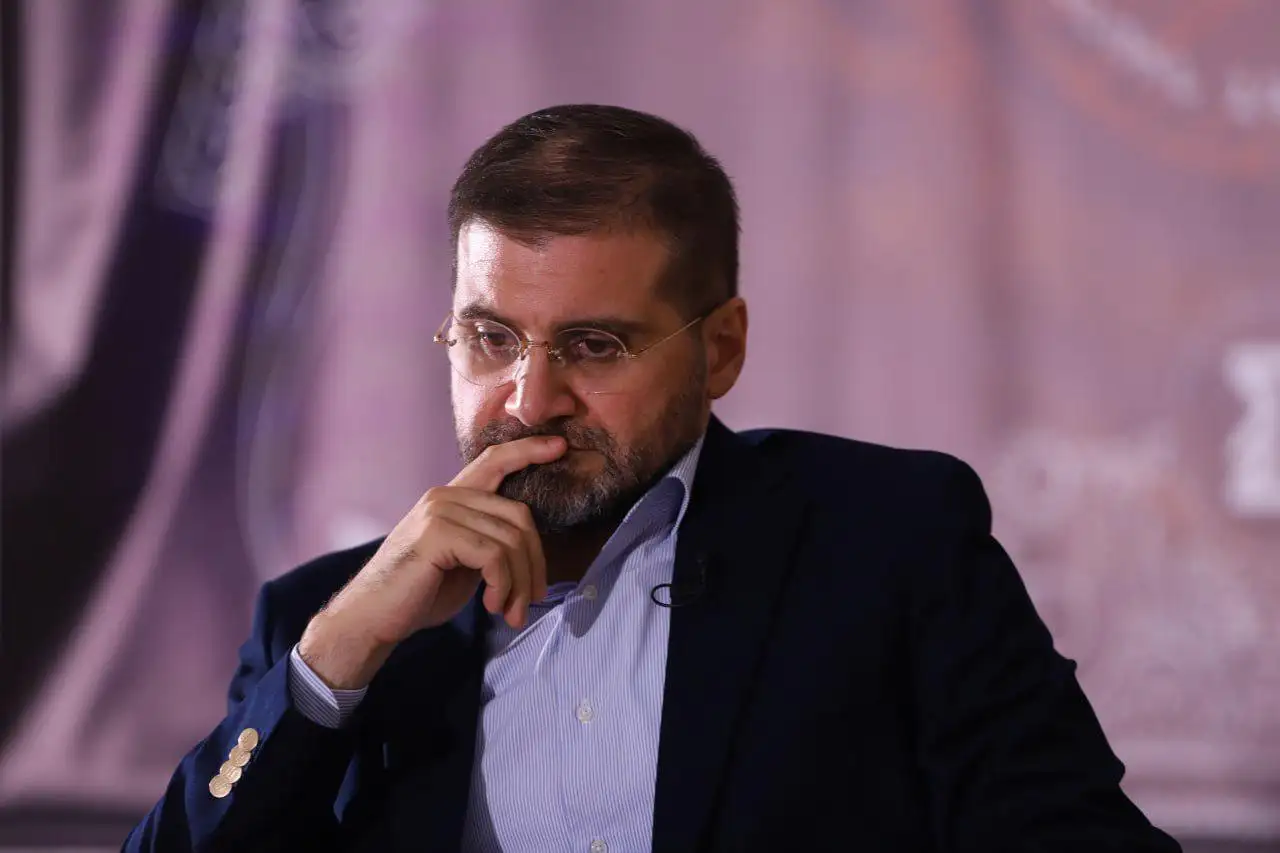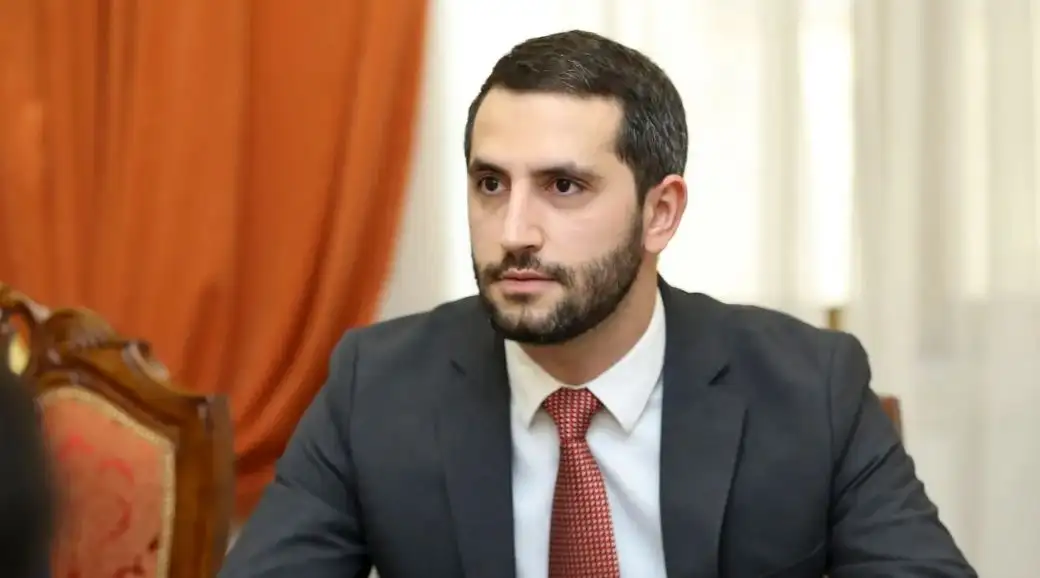Prime Minister Nikol Pashinyan attended the opening ceremony of the "Yerevan Dialogue-2025" international conference. Slovak Prime Minister Robert Fico, who is on an official visit to Armenia, also participated in the event. The Ministry of Foreign Affairs of the Republic of Armenia organized the international forum. About 600 participants from more than 40 countries, including high-ranking officials, representatives of international organizations, academic circles, analysts, experts, etc., attended the forum.
Welcoming the attendees, Nikol Pashinyan touched upon the draft agreement "On the Establishment of Peace and Interstate Relations between Armenia and Azerbaijan" and noted that the document has been finalized and negotiations have been completed. "Armenia has announced, and I have announced, that I am ready to sign it. You know that Azerbaijan officially links the signing of the agreement with two issues: "The first of these is the dissolution of the OSCE Minsk Group structures," the Prime Minister said, adding that the agenda for the dissolution of the OSCE Minsk Group is acceptable to the Government of the Republic of Armenia and the Armenian side is ready to move forward. "But on the other hand, we want to ensure Azerbaijan and I perceive the situation similarly. We want to make sure that Azerbaijan does not intend to close the conflict situation on its territory and export it to the territory of the Republic of Armenia. Why do we say this? You know that, unfortunately, in recent years, Azerbaijan has begun to call approximately 60% of the sovereign territory of the Republic of Armenia the so-called "Western Azerbaijan," and you know our position on this issue. We have repeatedly said that there cannot be a "Western Azerbaijan" on the sovereign territory of the Republic of Armenia, so what is our proposal for the future in general? We propose to sign the peace agreement and, in parallel, apply to the OSCE on the issue of dissolving the Minsk Group structures. This is a constrThisnd a proposal to have two documents on the table and sign them simultaneously, at the same time. At the same time, in the same place," Nikol Pashinyan noted.
According to the Prime Minister, the next issue raised by Azerbaijan is the claim that the Constitution of the Republic of Armenia allegedly contains territorial claims against Azerbaijan. Nikol Pashinyan noted that an essential prerequisite for peace is that the parties should not have territorial claims against each other. In this context, the head of state referred to the regulation on the joint activities of the two commissions for the demarcation of the border between Armenia and Azerbaijan, which was examined by the Constitutional Court of the Republic of Armenia last year. "By the way, the Alma-Ata Declaration was mentioned as a fundamental principle in the process of demarcation between Armenia and Azerbaijan, so both regulations and this also means the Alma-Ata Declaration, fully comply with the Constitution of the Republic of Armenia."
The Head of State emphasized that the Constitutional Court of the Republic of Armenia has recorded that the Alma-Ata Declaration fully complies with the Constitution of the Republic of Armenia, which means that the Constitution of the Republic of Armenia does not contain any territorial claims against any neighbor. "In the agreed text, we have a provision that Armenia and Azerbaijan recognize each other's territorial integrity as it was during the times of the Soviet Union, as Soviet socialist republics. There is one more provision in the agreed draft text of the peace agreement. The parties declare that they do not have any territorial claims against each other and will not present any such claims in the future," Nikol Pashinyan said, referring to another necessary provision, which stipulates that the parties cannot refer to their state legislation as a justification for not fulfilling the peace agreement.
The Prime Minister noted that according to Armenian legislation, the peace agreement must be submitted to the Constitutional Court after signing the peace agreement. "If the Constitutional Court decides that the text of the peace agreement between Armenia and Azerbaijan does not comply with our Constitution, then I will initiate constitutional amendments because this peace process and the peace agreement should not be abandoned. We will try to convince society that this amendment should be made to achieve lasting and long-term peace. But suppose the Constitutional Court decides that the agreement fully complies with the RA Constitution. In that case, there will be no obstacles to sending the document to our National Assembly for ratification."
The Prime Minister noted that after ratification and entry into force, the peace agreement between Armenia and Azerbaijan will have the highest legal force in the Republic of Armenia. "This is essential news because it means that the peace agreement will resolve all the concerns Azerbaijan may have and currently has. Therefore, it is obvious that the way to resolve the issues raised by Azerbaijan is to sign the agreement, not to sign it."
The head of state emphasized that Azerbaijan has some territorial claims against Armenia in the Constitution. Still, the Armenian Government did not raise this issue separately, as it considered that the issue would be addressed in the text of the treaty: "The signing of the peace treaty addresses, dispels, and resolves all possible problems, both those of Armenia and Azerbaijan. Therefore, my position and call in this situation is as follows: we must focus on signing a peace agreement. And I reaffirm that I personally and our Government, our political team are ready to move forward and assume our share of responsibility for having lasting and stable peace in our region."
The Head of State also discussed the "Crossroads of Peace" project. It emphasizes that within the framework of the project, Armenia has proposed a concrete solution to open regional communication routes for bilateral, international, and transit movement. The Prime Minister touched upon the essential principles of the "Crossroads of Peace" project: territorial integrity, sovereignty, jurisdiction, and reciprocity of states. "This is a significant project to overcome crises in global supply chains. When our roads with Azerbaijan and Turkey open, it will open up new opportunities to connect the east and the west, the north and the south," the Prime Minister said, adding that. Unfortunately, there is some hesitation on the part of Azerbaijan.
Nikol Pashinyan noted that concrete solutions have been proposed for possible progress on this issue: Armenia is ready to organize cargo transportation from the western parts of Azerbaijan to Nakhichevan through Armenia's territory. "It is essential for us to have similar connectivity. We say the following: from Azerbaijan to Azerbaijan through the territory of Armenia and from Armenia to Azerbaijan, respecting the territorial integrity, sovereignty, and jurisdiction of the countries. This proposal is official; it is on the table, and at any moment when Azerbaijan agrees, we will be ready to enter the implementation phase of this process."
In his speech, Nikol Pashinyan noted that the Armenian Government has concrete proposals for progress and achieving lasting and sustainable peace in the region. "Lasting and sustainable peace between Armenia and Azerbaijan is possible and achievable. And we are determined; we are committed to the peace agenda. We are ready to continue consultations with Azerbaijan on how to reach the point of signing a peace agreement and other documents that will entirely and decisively change the situation and the fate of the region's people. We will, of course, be committed to that agenda and do everything that depends on us, respecting the principles I have already mentioned.
Ladies and gentlemen, I am convinced that despite all the arguments, provocations, etc., there will be no war between Armenia and Azerbaijan; there will be peace. And that is very clear to me.




















